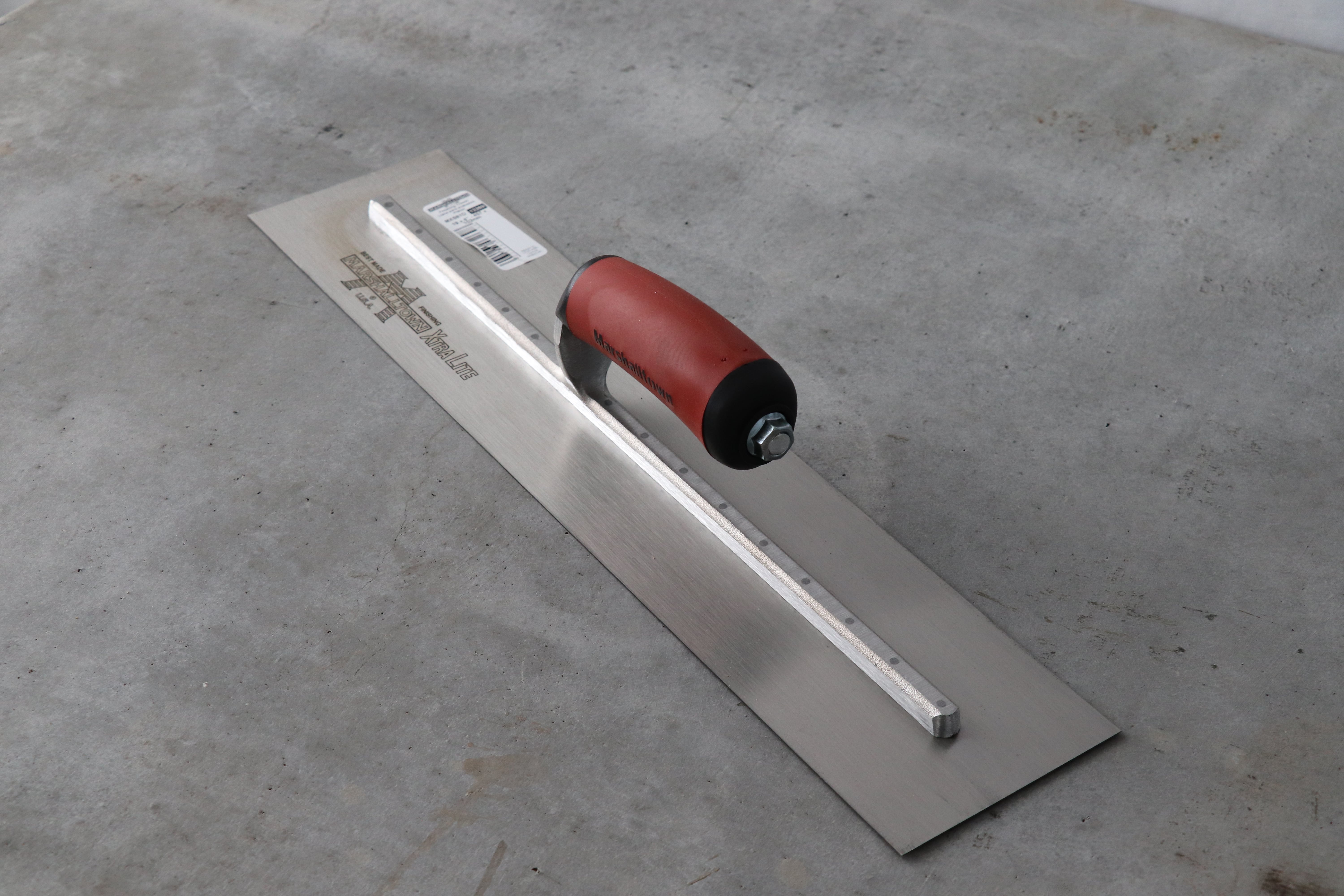2,500 PSI. 3,000 PSI. 4,000 PSI. 5,000 PSI. Is your head spinning yet? What do all the numbers on a bag of concrete mix mean? And, more importantly, how do they influence your next concrete project?
The strength of concrete is measured in pounds per square inch (PSI) and is a measurement of the concrete’s ability to carry loads or handle compression. The higher the number, the stronger the concrete. Strength is the result of multiple factors, but is primarily the outcome of the concrete’s composition—the ratio of cement, water and aggregate.
Pounds per square inch are measured via several methods in labs or, in some instances, on-site. But for the purpose of this article, we’ll avoid our inner concrete-nerd and focus on the need-to-know basics for your next home project. Use this information to be sure you use the right strength of concrete for your project type and application. While other ratings of concrete are available, here are the most common ratings every homeowner should know, along with suggested uses.
2,500 PSI
Often more affordable than higher strength concrete, 2,500 PSI can be useful for driveways and walkways. However, some may choose a stronger concrete, like 3,000 PSI, to avoid excessive cracking. A good use for this concrete is a walkway on the side of a home that doesn’t receive excessive traffic. Make sure to check your local building code to ensure 2,500 PSI concrete is permitted for your intended use.
3,000 PSI
The residential workhorse of concrete, 3,000 PSI can be used for driveways, patios and sidewalks. Its durability will help shrug off the freeze-thaw cycle of harsh winters. This is a fine choice for any general construction use.
3,500 PSI
Although less likely for general home use, where 3,500 PSI concrete shines is in slab foundations and footings. This is also a good choice wherever heavy loads are expected to be stored or moved, like RV pads.
4,000 PSI
Typically used in warehouses and factories where heavy traffic or machinery is expected. However, for the homeowner, 4,000 PSI can be a good option for backyard workshops or sheds, due to its strength and surface durability.
5,000 PSI
Used in special construction applications, including some large-scale commercial and industrial properties, 5,000 PSI can withstand heavy impact and extreme wear and tear.
These are general rules and each scenario and use will vary. A comparatively higher strength concrete can be used on any job—but may not always be called for. And using a lower PSI concrete saves money. Just ensure your local building code allows the strength of concrete for the specific project you’re planning.
Lastly, don’t forget the importance of properly forming your project and avoiding water problems by planning for adequate drainage.
Intermountain Concrete Specialties is here to answer any of your questions along the way to ensure you get a superb final product. From equipment rentals to our huge offering of forms, stakes and screeds, we are here to help. And with seven locations from St. George to Idaho Falls, help is never far away.

